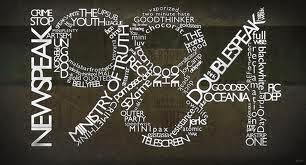Even as the social media revolution promises rich possibilities for empowering citizens, it has also given birth to the genie of fake news, disinformation, misinformation and trolling that pollute the very idea of a participatory democracy.

Mar. 28.– Pilfering of personal data of 50 million Facebook users by the British data analytics firm Cambridge Analytica and the manipulation of this data to sway the outcome of the last American presidential election and UK’s Brexit referendum received much global media attention last week. True to their instincts, India’s politicians used this opportunity to trade charges on leakage of Indian citizens’ private data for political campaigns.
Their fight took a different turn when it was discovered that several parties, including the Congress, Bharatiya Janata Party and Janata Dal (United), have been clients of Cambridge Analytica. Access to wide personal data required for using Prime Minister’s NaMo app and charges of leakage of such data to third parties outside India further complicated the politics of social media’s data sharing in India.
- Hits: 11981
 lead to people paying higher prices for the internet service we have today. Companies lobbied hard to get rid of these rules, but our surveys show the majority of consumers support them.
lead to people paying higher prices for the internet service we have today. Companies lobbied hard to get rid of these rules, but our surveys show the majority of consumers support them. 

